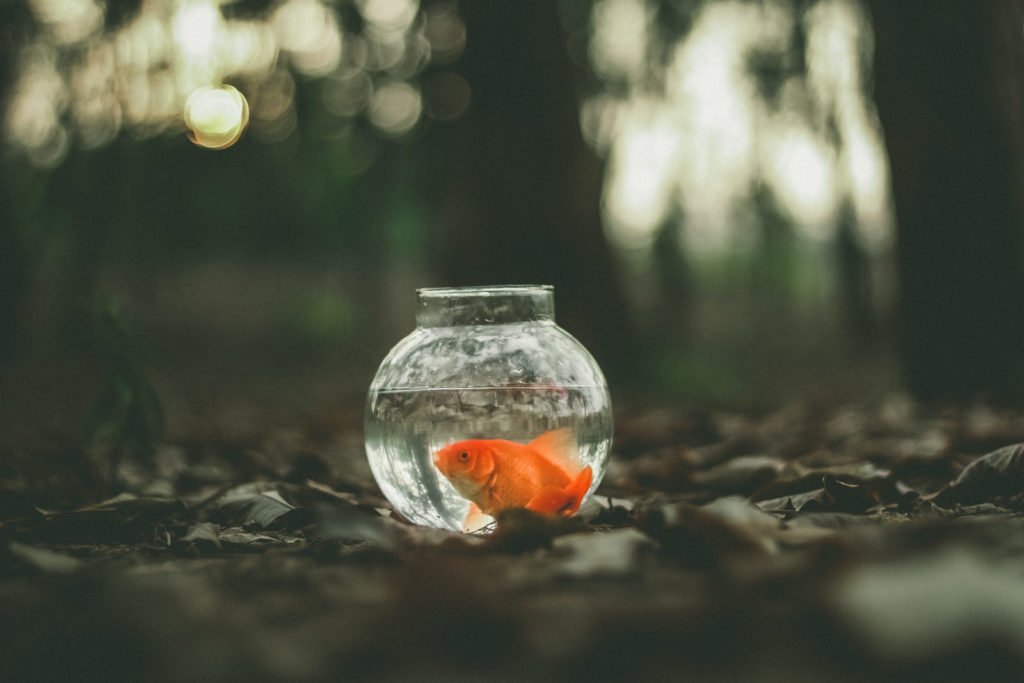Nevada Governor Partially Bars Use of Malaria Drug for Coronavirus
Published at National Review- Categories
- Human Exceptionalism
Some not bright people tragically poison themselves with a fish-tank cleaner because an ingredient in the compound is similar to those in the anti-malaria drugs that anecdotally have helped people deathly ill with coronavirus. Then, Nevada governor Steve Sisolak signs an emergency order preventing the medications’ use treating the virus in Nevada, which certainly seems extreme.
What’s going on? Predictably, the AP story blames Trump:
Nevada’s governor has signed an emergency order barring the use of anti-malaria drugs for someone who has the coronavirus.
Democratic Gov. Steve Sisolak’s order Tuesday restricting chloroquine and hydroxychloroquine comes after President Donald Trump touted the medication as a treatment for the virus.
Trump last week falsely stated that the Food and Drug Administration had just approved the use of chloroquine to treat patients infected with coronavirus. After the FDA’s chief said the drug still needs to be tested for that use, Trump overstated the drug’s potential benefits in containing the virus.
Sisolak said in a statement that there’s no consensus among experts or Nevada doctors that the drugs can treat people with COVID-19 . . . The governor’s rule comes a day after a Phoenix-area man died and his wife was in critical condition from taking an additive used to clean fish tanks known as chloroquine phosphate, similar to the drug used to treat malaria.
Where to start?
First, the medicine has to be prescribed by a doctor. You can’t just go out and buy it.
Second, Trump never said the FDA had approved the drug for this use. He said he was ordering the FDA to fast-track the testing for this use since the drug had already gone through the approval process for other uses. That is absolutely true, and that included safety testing and an understanding of the potential side effects.
Prescribing hydroxychloroquine for coronavirus before that investigation is complete would be what is known as an “off-label” use — which is legal. Indeed, Trump specifically said it was for “compassionate use,” that is, to save someone who would otherwise be likely to die. There have been cases in France, for example, where it seems to have helped.
Dr. Fauci did not say he opposed using the drug for compassionate prescribing, but that (properly) he couldn’t say it would work because it hadn’t been tested.
New York governor Andrew Cuomo has also supported trying the drug because of its positive anecdotal potential, to the point that the state obtained 70,000 doses and is about to start clinical use trials in New York.
A more accurate story about the governor’s order says it was done at the request of the Nevada State Board of Pharmacy as a preventative against hoarding, to make sure that patients who need it for FDA-approved purposes don’t run out.
There are ways to do that. For example, the governor’s order prevented prescriptions for more than 30 days for its other uses, which is fine.
The new regulation contains an exception for inpatient prescribing. The medication may have saved at least one patient already in the United States. From a New York Post story:
[Rio] Giardinieri said he contacted an infectious disease doctor about the drug [when his other doctors told him there was nothing they could do].
“He gave me all the reasons why I would probably not want to try it because there are no trials, there’s no testing, it was not something that was approved,” said Giardinieri. “And I said, ‘Look, I don’t know if I’m going to make it until the morning,’ because at that point I really thought I was coming to the end because I couldn’t breathe anymore,” Giardinieri continued.
“He agreed and authorized the use of it and 30 minutes later the nurse gave it to me.”
After about an hour after taking the pills, Giardinieri said, it felt like his heart was beating out of his chest and, about two hours later, he had another episode where he couldn’t breathe. He says he was given Benadryl and some other drugs and that when he woke up around 4:45 a.m., it was “like nothing ever happened.”33
He’s since had no fever or pain and can breathe again. Giardinieri said doctors believe the episodes he experienced were not a reaction to the medicine but his body fighting off the virus . . . “To me, there was no doubt in mind that I wouldn’t make it until morning,” said Giardinieri. “So to me, the drug saved my life.”
This situation needed a scalpel, not a sledgehammer.
Update: The Nevada governor’s office has now contacted me to advise that the regulation does contain an exception for inpatient prescribing. The post has been corrected.
